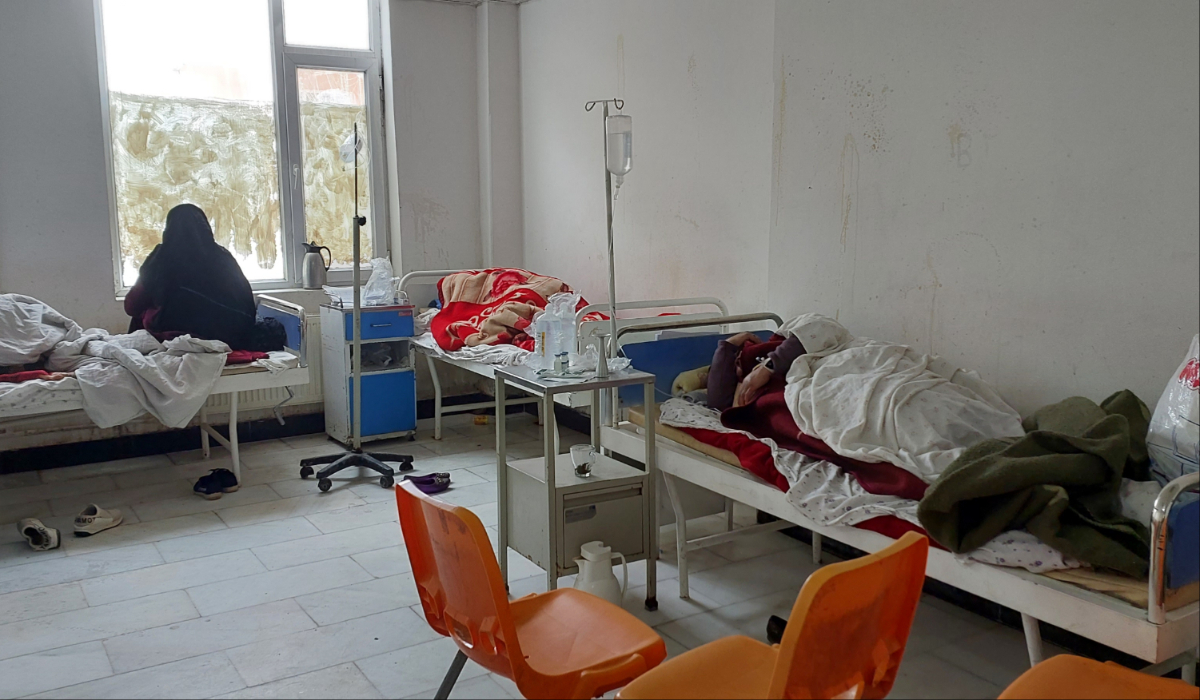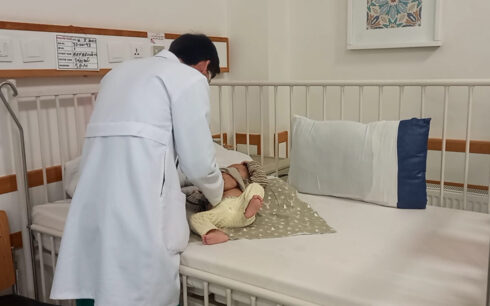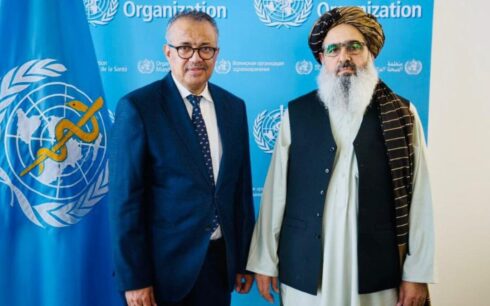The International Committee of the Red Cross (ICRC) is likely to end the financial running of 25 hospitals in Afghanistan within a few weeks due to severe funding constraints. This comes amid growing concerns of major funding shortfalls which could lead to the plunge in aid to the country.
“Although we continue to engage with government ministries, donors, and organizations to find alternative sustainable support mechanisms for the hospital sector, the phase-out of the Hospital Program is expected to happen tentatively at the end of August,” Diogo Alcantara, ICRC’s spokesperson for Afghanistan, told Reuters on Thursday.
“The ICRC does not have the mandate nor the resources to maintain a fully functioning public healthcare sector in the longer term,” Alcantara said.
In April, ICRC said its governing board approved $475.30 million in cost reductions over 2023 and early 2024 and a rolling back of operations in some locations as budgets for humanitarian aid were expected to decrease.
Referring to the Taliban administration, Alcantara said: “The financial difficulties the ICRC is facing have sped up, in transparency with IEA (Taliban) authorities, the expected return of the full responsibilities of the health services to the Ministry of Public Health.”
The ICRC is however expected to continue other programs that include rehabilitation support for people with disabilities.
A spokesman for the Taliban-run Afghan health ministry did not respond to requests for comment.
It was not clear how much was needed to pay for the operations, which fund salaries and other costs at many of Afghanistan’s major hospitals serving millions of people, and if Taliban authorities could cover that amount from the fiscal budget.
The hospitals have been supported by ICRC since a few months after foreign forces left in August 2021.
Two years ago, when the Taliban seized control of Afghanistan, development funding by foreign nations was cut considerably – leaving the health care sector in a particularly vulnerable position. However, the ICRC and other agencies, including the UN stepped in to assist.
According to Alcantara, the ICRC took the decision at the time to save the healthcare system from collapsing due to the financial crises that Afghanistan was experiencing.
Originally, the ICRC’s hospital program covered 33 hospitals. However, eight have already been phased out. The ICRC still covers the salaries of over 10,000 health workers and the cost of some medical supplies.
Pakistan meanwhile is concerned that this development will impact the number of people from Afghanistan seek medical help in the neighboring country.
Speaking to Reuters, a Pakistani official, who asked not to be identified, said they were concerned about a further influx of medical patients.
Widespread funding shortfalls
This latest development comes just days after the United Nations Office for the Coordination of Humanitarian Affairs (OCHA) published a grim assessment of the situation in Afghanistan.
According to OCHA, the 2023 Afghanistan Humanitarian Response Plan (HRP) is grappling with critical funding gaps of around $1.3 billion, which is placing vulnerable families in Afghanistan on the precipice of hunger, disease, and potential death as winter looms.
OCHA stated that recent analysis from humanitarian partners underscores severe underfunding’s dire consequences.
The number of individuals targeted for monthly food assistance has dropped significantly, from 13 million at the start of the year to nine million between March and April, and a mere five million in May. Furthermore, discontinuation of health services by 262 static and mobile health facilities has compromised primary healthcare access for two million people, OCHA said.
Without a fresh influx of funds, further reductions in food rations loom over the coming months. “Funding is urgently needed to anticipate winter and pre-position vital humanitarian supplies before many regions become isolated by freezing temperatures and heavy snowfall in October,” OCHA said in a statement.
The agency also highlighted the $1.3 billion funding gap, labeled as crucial by partners, as only a fraction of the overarching $2.43 billion deficit. The 2023 HRP has garnered a mere $801 million, accounting for just 25 percent of overall requirements.




